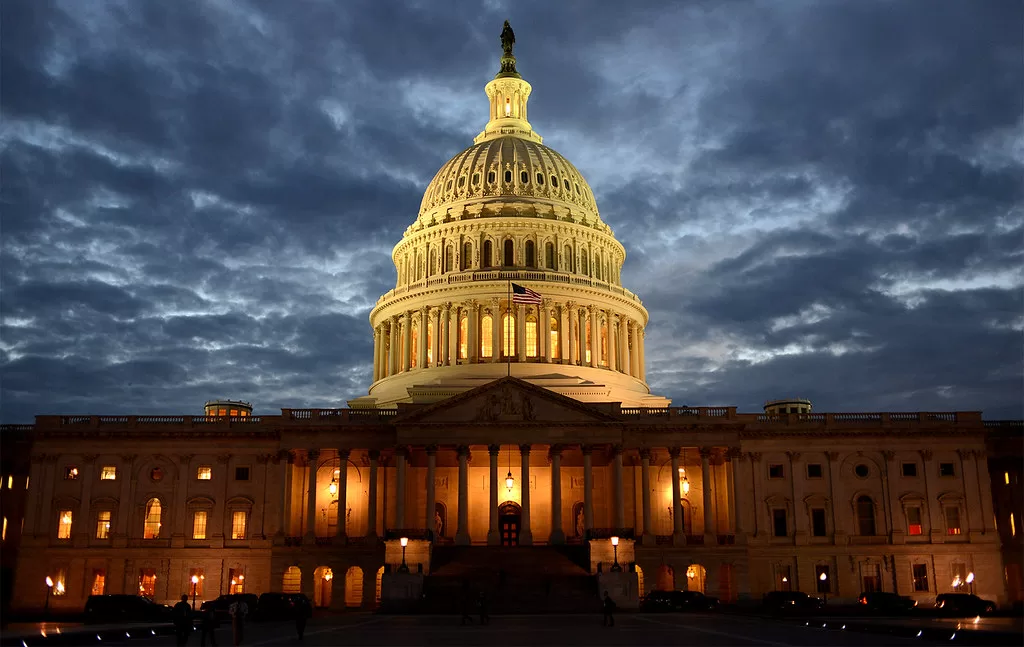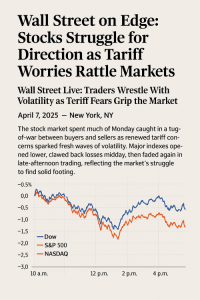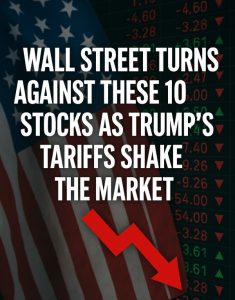Government Shutdown: Economic Impact and Market Implications

Government Shutdown: Economic Impact and Market Implications
A government shutdown is a scenario in which the federal government ceases operations due to a failure to pass a budget or continuing resolution. This can have a significant impact on the economy, as it can lead to disruptions in government services, job losses, and reduced consumer spending.
Economic Impact of a Government Shutdown
The economic impact of a government shutdown varies depending on its length and severity. However, even a short shutdown can have a noticeable impact on the economy.
One of the most immediate impacts of a shutdown is a reduction in government spending. This is because many government employees are furloughed, meaning they are not paid during the shutdown. This can lead to a decrease in consumer spending, as furloughed workers have less money to spend on goods and services.
A government shutdown can also disrupt economic activity in other ways. For example, businesses that rely on government contracts may be unable to operate during a shutdown. This can lead to job losses and lost revenue for businesses.
In addition, a government shutdown can also reduce consumer confidence. This is because consumers may become more uncertain about the economy and the future. This can lead to a decrease in consumer spending, which can further damage the economy.
Market Implications of a Government Shutdown
A government shutdown can also have a significant impact on the stock market. This is because investors may become more risk-averse during a shutdown, as they may be concerned about the potential economic impact. This can lead to a sell-off in stocks, which can push down stock prices.
In addition, a government shutdown can also delay economic reporting from the government. This can make it difficult for investors to assess the health of the economy, which can further increase uncertainty and volatility in the stock market.
Conclusion
A government shutdown can have a significant impact on both the economy and the stock market. It is important for businesses and investors to be aware of the potential risks associated with a shutdown and to take steps to mitigate those risks.






